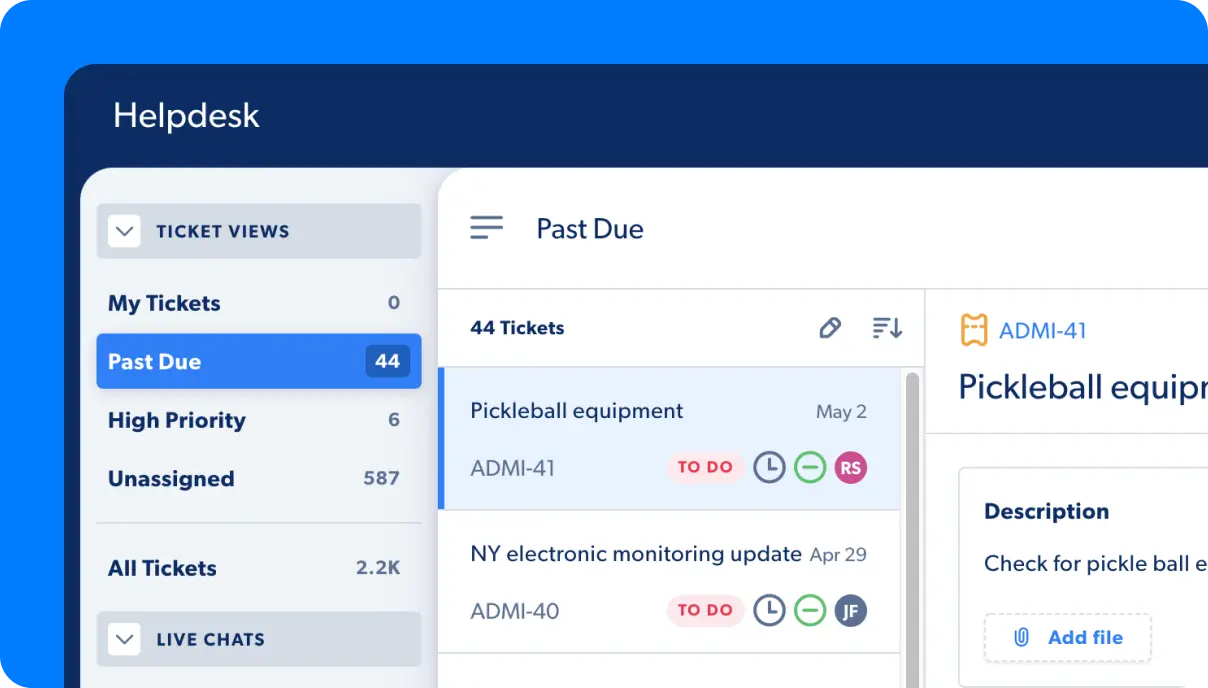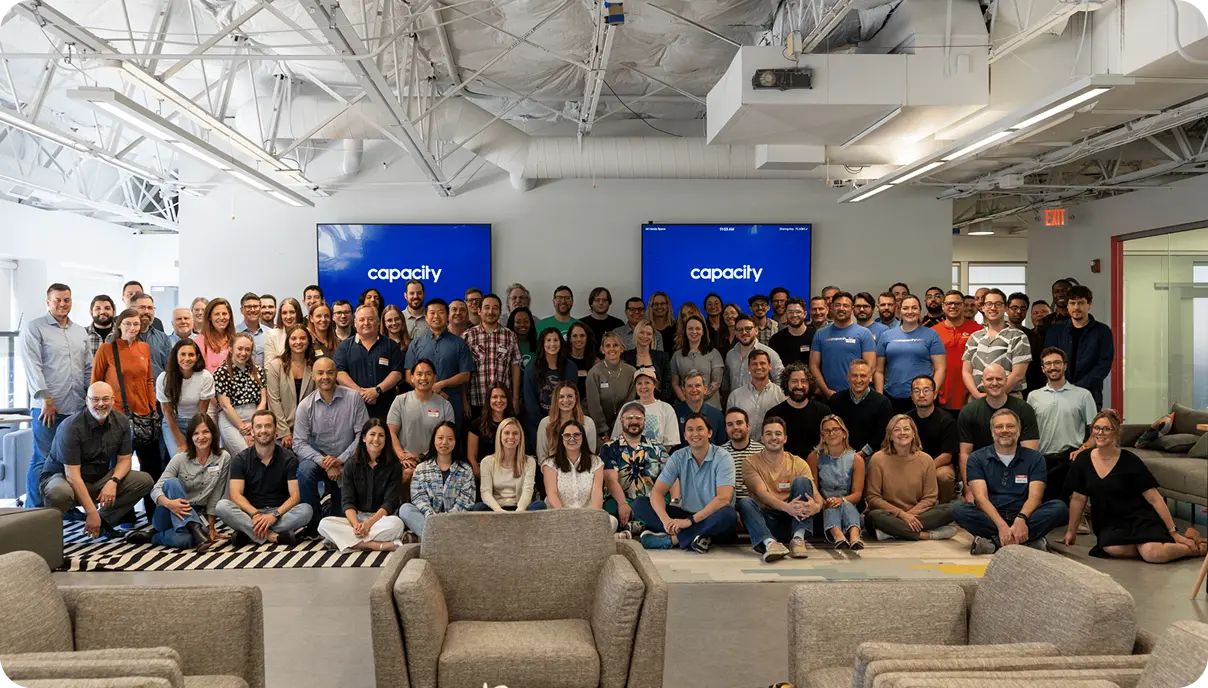To establish a strong defense against cyber attacks, you have to understand the nature of data threats. And then, you must stay vigilant in implementing up-to-date security measures in your organizational structure. With regulations becoming increasingly stringent and complex, your data security standards provide a roadmap to compliance. And they also help you build trust with key stakeholders, like clients, partners, and regulators.
In addition to adopting these standards, you can add the following best practices to boost your data security. We’ll look at things like nurturing a data security-centric culture, bolstering your network infrastructure, and advocating for secure app development. Other vital areas include implementing agile incident response plans, managing risks associated with third-party vendors, and using the power of AI and automation in data security.
Here, we’ll look at how these practices can bolster your security, ensure regulatory compliance, and safeguard your data assets.
Embrace modern data security standards
As data threats continuously evolve, older security measures may not be effective against newer attacks. Modern data security standards provide up-to-date guidance, offering best practices and procedures for securing data against known and emerging threats. These standards are often designed with the input of experts familiar with the latest developments in data technology and cybercrime, ensuring that your security measures are equipped to handle the most recent risks.
Moreover, modern data security standards often align with regulations and industry requirements, assisting businesses in achieving compliance. Compliance is a legal necessity and a means of building trust with stakeholders. When clients, partners, and regulators see that your company adheres to modern data security standards, they can have greater confidence in its commitment to protecting sensitive data. Furthermore, these standards often incorporate an understanding of contemporary data use, including cloud storage, remote access, and complex data processing activities. Hence, adopting modern standards means your security strategy is tailored to how data is used today, providing comprehensive protection.

Automate Your Work
Capacity’s enterprise AI chatbot can help:
- Answer FAQs anytime, anywhere
- Find relevant documents within seconds
- Give surveys and collect feedback
Best practices to uphold data security standards
By adopting these best practices, your organization can significantly improve its data security, ensuring compliance, enhancing stakeholder trust, and protecting valuable data assets.
Creating a culture of data security
Creating a culture of data security is crucial. This means that everyone in your company, from top leadership to new hires, understands the importance of data security and integrates it into their daily work. At the end of 2022, there was a security workforce gap of over 430,000 jobs in the US, making automation key to boosting security. A security culture promotes vigilance and proactive behavior, significantly reducing the risk of breaches.
Expanding data governance
Expanding data governance ensures proper handling of data throughout its lifecycle. This encompasses data quality, consistency, usability, and security, which is key in ensuring regulatory compliance and preventing unauthorized access or misuse. The human element is the most common threat vector. It was the root cause of 74% of data breaches, according to a report from Verizon.
Fortifying your network infrastructure
Fortifying network infrastructure is about creating a strong first line of defense. Implementing advanced firewalls, intrusion detection systems, and robust encryption are some ways to protect data as it moves across your network.
Strengthening your access controls and authentication
Strengthening access controls and authentication is about ensuring only authorized individuals can access your data. Techniques might include multi-factor authentication, single sign-on, and the principle of least privilege.
Promoting secure app development
Promoting secure app development involves incorporating security principles right from the design phase, known as security by design. This ensures that applications handle data securely and are resistant to attacks.
Agile incident response and business continuity planning
Agile incident response and business continuity planning involve preparing for potential breaches or system failures. A plan ensures that your organization can respond effectively to incidents, minimizing damage and downtime.
Understanding vendor and third-party risk management
Understanding vendor and third-party risk management is key because external parties often have access to your data. Assessing their security measures and establishing clear contractual terms to protect your data is essential.
Maximizing your automation and AI in data security
Maximizing automation and AI in data security can greatly enhance your capabilities. AI can detect unusual patterns that may indicate a breach, while automation can streamline security processes, reducing the chance of human error.
In the current digital transformation era and rising cyber threats, safeguarding your data assets is no longer an option but a business imperative. This comprehensive guide underscores the importance of embracing modern data security standards and implementing many best practices. We’ve navigated the course from understanding the intricacies of threats and fostering a culture of data security to use technology like AI and automation for advanced defense.
The integration of these measures will not only ensure a robust security infrastructure and facilitate regulatory compliance, build trust with stakeholders, and safeguard your organization’s most valuable asset – its data. The pathway to enhanced data security demands a proactive and continuous effort, and while the journey might seem complex, the reward of protection against devastating breaches is invaluable.
As we conclude, remember that elevating your organization’s data security standards is an ongoing process, a continually evolving and threatening environment. Thus, a commitment to staying abreast of advancements and trends in data security will place your organization at the forefront of protection and resilience in this ever-changing digital world.

Automate Your Work
Capacity’s enterprise AI chatbot can help:
- Answer FAQs anytime, anywhere
- Find relevant documents within seconds
- Give surveys and collect feedback













































